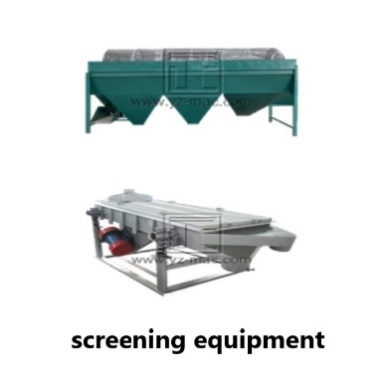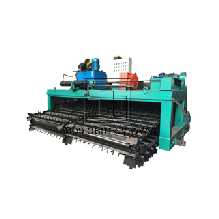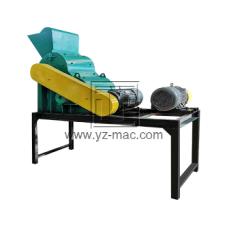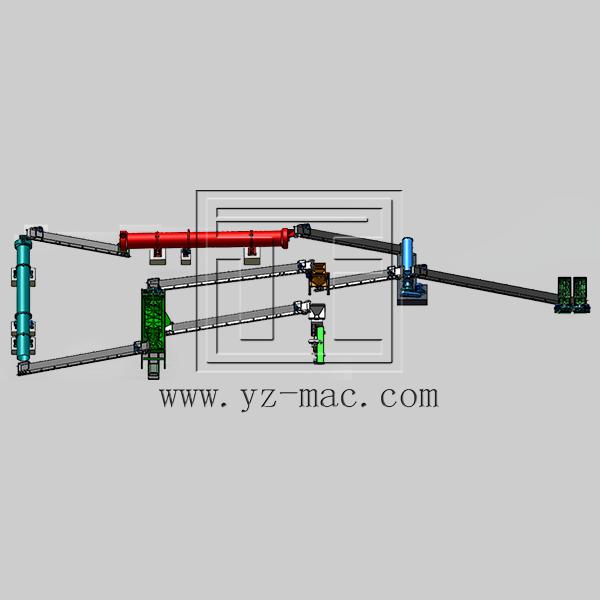Compost screener for sale
A compost screener, also known as a compost screening machine or trommel screen, is designed to separate larger particles and debris from the finished compost, resulting in a refined product suitable for various applications.
Benefits of a Compost Screener:
Improved Compost Quality: A compost screener ensures the removal of oversized materials, rocks, plastic fragments, and other contaminants from the compost. This process creates a refined compost product with a consistent texture, enhancing its quality and usability for various applications.
Enhanced Nutrient Availability: By removing larger particles, a compost screener allows for better nutrient availability in the final compost. The refined compost can be more readily absorbed by plants, promoting healthy growth and maximizing the benefits of the organic matter in the compost.
Easier Application and Handling: A screened compost product is easier to handle and apply. The consistent particle size enables smoother spreading and incorporation into the soil, whether it’s for agriculture, gardening, landscaping, or other applications.
Factors to Consider when Purchasing a Compost Screener:
Size and Capacity: Consider the scale of your composting operation and the volume of compost you plan to screen. Choose a compost screener that can accommodate your production needs without compromising efficiency.
Screening Efficiency: Look for a compost screener that offers high screening efficiency. This ensures that larger particles are effectively separated, resulting in a refined compost product. Consider the design and quality of the screening mechanism to ensure optimal performance.
Durability and Maintenance: Evaluate the build quality and durability of the compost screener. Look for a machine constructed with robust materials that can withstand the rigors of compost screening. Additionally, consider the ease of maintenance and accessibility for cleaning and replacing the screens.
Power Source and Mobility: Determine whether you require a compost screener that operates on electricity, diesel, or other power sources. Consider the mobility options as well, as some screeners may be stationary, while others are mobile and easily transportable.
Additional Features: Explore any additional features or customization options offered by the compost screener manufacturer. For example, some screeners may include adjustable settings for screen size or inclination, allowing for flexibility in screening different compost materials.
Conclusion:
Investing in a compost screener for purchasing is a wise choice to enhance the quality of your compost and improve its usability for various applications. By removing larger particles and debris, a compost screener creates a refined compost product that is easier to handle and provides better nutrient availability. When purchasing a compost screener, consider factors such as size and capacity, screening efficiency, durability, power source, mobility, and additional features. By choosing the right compost screener, you can ensure efficient screening operations and produce high-quality compost for agriculture, gardening, landscaping, and other applications.







